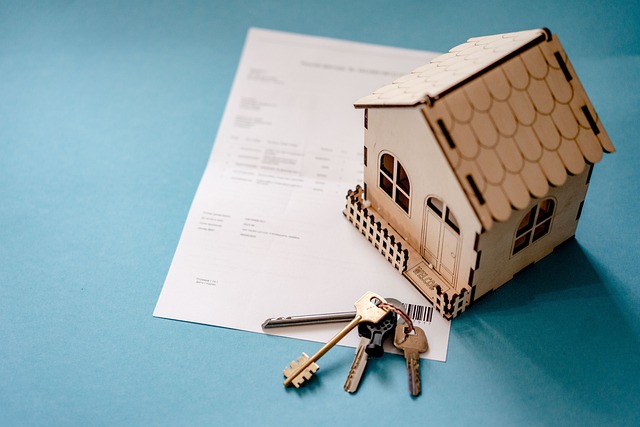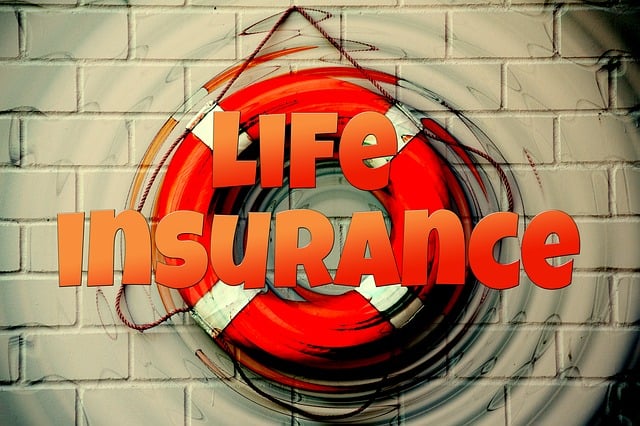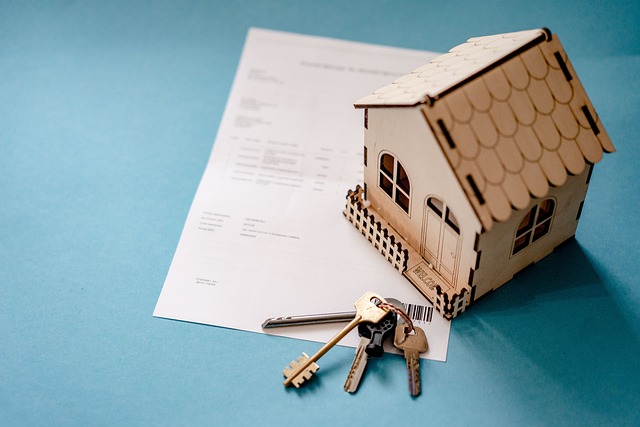Small Business Insurance is vital for entrepreneurs, offering protection against unexpected events and liabilities. Key components include property coverage for physical assets (like buildings, equipment, inventory) against risks like fire, theft, vandalism, and natural disasters, as well as liability insurance to safeguard against legal claims and suits. Policies are customizable based on business type, location, size, and risk level. Regular reviews ensure adequate protection. Costs vary but typically account for 1-5% of annual revenue, with shopping around recommended. Common mistakes include insufficient coverage and misassuming policy limits, emphasizing the need for careful policy review.
Small Business Insurance is an essential component for any entrepreneur looking to safeguard their investment and mitigate risks. This comprehensive guide delves into the intricacies of insuring your business, offering a clear roadmap to navigate the complex landscape. From understanding basic coverage to evaluating unique risk factors, we explore crucial aspects like property protection, liability shielding, and policy customization. By the end, you’ll be equipped with knowledge to make informed decisions, ensuring your small business is adequately insured.
Understanding Small Business Insurance Basics

Small Business Insurance is a crucial safety net for entrepreneurs, providing financial protection against unexpected events and liabilities. It’s more than just a policy; it’s a commitment to your business’s future and stability. Understanding the basics involves grasping key components like property coverage, which shields against damage or loss to your physical assets, and liability insurance, designed to safeguard against claims arising from injuries or damages caused to others.
These policies vary in scope and customization, catering to diverse business needs. Whether you run a retail store, a service-based venture, or a tech startup, the right Small Business Insurance package can offer peace of mind by mitigating risks and ensuring your business is prepared for any eventuality.
Property Coverage: Protecting Your Business Assets

Small business owners often invest heavily in their inventory, equipment, and physical space. Property coverage within a small business insurance policy safeguards these assets from perils like fire, theft, vandalism, or natural disasters. This protection includes not just the structure of your business but also any valuable belongings inside, ensuring you can replace or repair them if damaged or destroyed.
By including property coverage in their small business insurance plan, entrepreneurs can have peace of mind, knowing that their investment is secured. This financial safety net allows businesses to focus on growth and success rather than worrying about potential losses that could cripple their operations.
Liability Protection: Shielding Against Legal Claims

Liability protection is a crucial aspect of small business insurance, offering vital shielding against potential legal claims and suits. As a small business owner, you’re exposed to various risks—from slip-and-fall accidents on your premises to product liability issues or even professional negligence claims related to your services. The right insurance policy can help cover legal fees, settlement costs, and damages awarded, providing financial security and peace of mind.
Without adequate liability coverage, a single lawsuit could cripple your business financially. Small Business Insurance policies typically include general liability coverage, which protects against common risks like property damage and bodily injury to customers or clients on your site. It’s essential to review policy limits and understand what’s covered to ensure you’re sufficiently protected against the unique risks facing your specific business operations.
Different Types of Business Insurance Policies

Small businesses come in various shapes and sizes, each with unique needs. Consequently, small business insurance policies are similarly diverse. These typically fall into two primary categories: property insurance and liability insurance. Property insurance safeguards a business’s physical assets, including buildings, equipment, inventory, and supplies, from perils like fire, theft, or vandalism. It can also cover additional expenses incurred during periods of restoration, such as business interruption or loss of income.
Liability insurance, on the other hand, protects businesses against claims of bodily injury or property damage caused to third parties, including customers, employees, or visitors. This includes coverage for legal fees and settlement costs associated with these claims. Common types of liability insurance include general liability, professional liability (for specific professions), and workers’ compensation, which covers medical expenses and lost wages for injured employees. Choosing the right combination of these policies is crucial for ensuring a small business’s financial security.
Evaluating Risk: Identifying Potential Threats

Small businesses, like any other venture, are not immune to risks and potential threats. Evaluating these risks is a crucial step in ensuring the longevity and success of your business. As part of this process, it’s essential to identify various hazards that could impact your operations, assets, and financial stability. These might include natural disasters such as fires, floods, or storms, which can cause significant damage to your property and disrupt business continuity.
Additionally, consider man-made risks like theft, vandalism, or even cyberattacks. With the increasing reliance on technology, small businesses are now more vulnerable to data breaches and online fraud. Assessing these risks allows you to tailor your Small Business Insurance coverage accordingly, providing protection against financial losses and ensuring business resilience in the face of unforeseen challenges.
Customizing Your Business Insurance Package

When it comes to small business insurance, customizing your package is key to ensuring adequate protection. Every business is unique, with its own set of risks and needs. A one-size-fits-all approach might not cover all your bases. Insurance providers offer a range of options to tailor your policy, allowing you to select specific covers relevant to your trade. For instance, if you run a catering business, you may want to include liability for food poisoning incidents or equipment failure. Similarly, retail businesses can customize their policies to account for inventory loss or damage.
This personalized touch extends to the level of coverage too. You can opt for higher limits if your business is at a higher risk or has more valuable assets. Alternatively, you might choose to reduce coverage costs by lowering certain limits, but be mindful of potential gaps in protection. Regularly reviewing and updating your small business insurance policy ensures it remains relevant and provides the right level of security as your venture grows and evolves.
The Cost of Small Business Insurance: What to Expect

The cost of Small Business Insurance can vary greatly depending on several factors, such as the type of business, location, size, and specific risks involved. It’s essential to remember that insurance is an investment in peace of mind and financial protection. While it may seem like a significant expense initially, the benefits far outweigh the costs.
On average, Small Business Insurance typically accounts for 1-5% of a company’s annual revenue. This means even smaller operations can afford adequate coverage. It’s always advisable to get quotes from multiple insurers to compare rates and find the best policy for your business needs. By understanding the factors influencing premiums and shopping around, you can secure comprehensive protection without breaking the bank.
Common Mistakes to Avoid in Business Insurance

Many small business owners often find themselves making mistakes when it comes to their property and liability insurance, which can lead to significant financial losses down the line. One of the most common blunders is underestimating the value of their assets. Business owners might believe that their inventory or equipment are worth less than they actually are, leading to inadequate coverage. This can result in a gap in protection during a claim, where the business has to cover the difference out of pocket.
Another frequent error is assuming that their general liability insurance provides comprehensive coverage for all potential risks. Small Business Insurance policies typically exclude certain hazards, such as natural disasters or cyberattacks. Business owners should review their policy carefully and consider purchasing additional endorsements or separate coverage for these specific risks. Failing to do so might leave the business vulnerable during unforeseen events.
